Noemie Elhadad
A Bayesian Causal Inference Approach for Assessing Fairness in Clinical Decision-Making
Nov 21, 2022



Abstract:Fairness in clinical decision-making is a critical element of health equity, but assessing fairness of clinical decisions from observational data is challenging. Recently, many fairness notions have been proposed to quantify fairness in decision-making, among which causality-based fairness notions have gained increasing attention due to its potential in adjusting for confounding and reasoning about bias. However, causal fairness notions remain under-explored in the context of clinical decision-making with large-scale healthcare data. In this work, we propose a Bayesian causal inference approach for assessing a causal fairness notion called principal fairness in clinical settings. We demonstrate our approach using both simulated data and electronic health records (EHR) data.
Zero-Shot Clinical Acronym Expansion with a Hierarchical Metadata-Based Latent Variable Model
Sep 29, 2020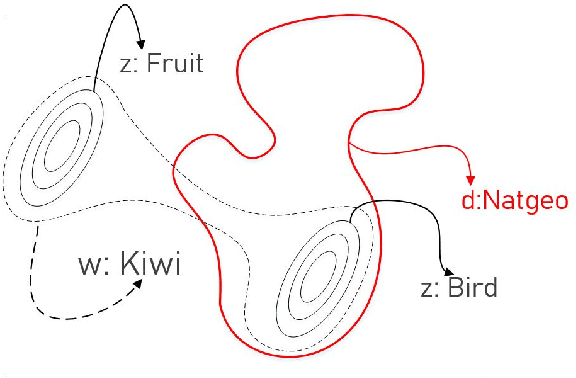
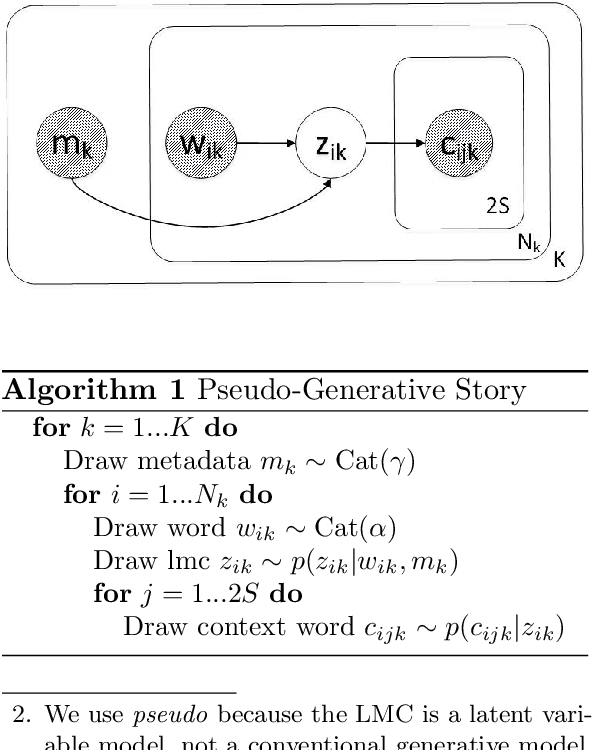
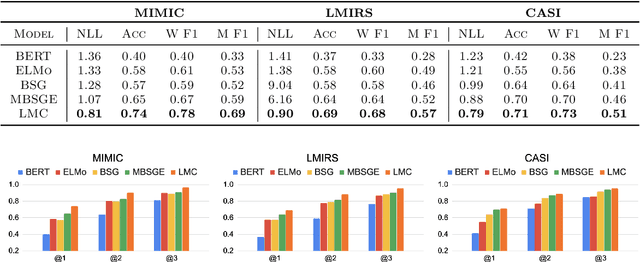
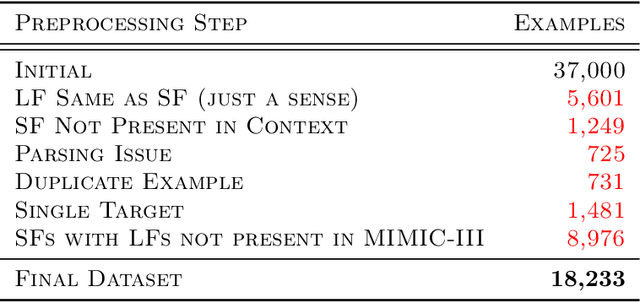
Abstract:We introduce Latent Meaning Cells, a deep latent variable model which learns contextualized representations of words by combining local lexical context and metadata. Metadata can refer to granular context, such as section type, or to more global context, such as unique document ids. Reliance on metadata for contextualized representation learning is apropos in the clinical domain where text is semi-structured and expresses high variation in topics. We evaluate the LMC model on the task of clinical acronym expansion across three datasets. The LMC significantly outperforms a diverse set of baselines at a fraction of the pre-training cost and learns clinically coherent representations.
Longitudinal Analysis of Discussion Topics in an Online Breast Cancer Community using Convolutional Neural Networks
Apr 07, 2016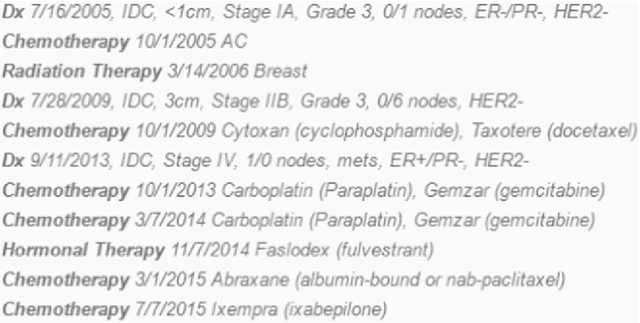
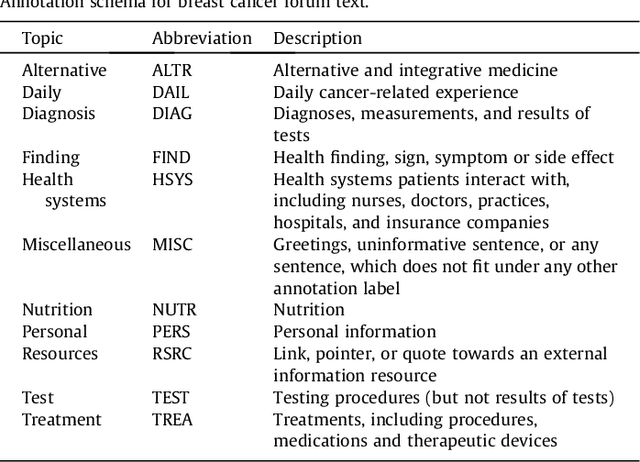

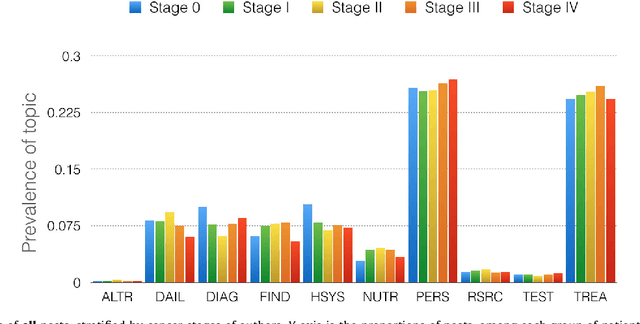
Abstract:Identifying topics of discussions in online health communities (OHC) is critical to various applications, but can be difficult because topics of OHC content are usually heterogeneous and domain-dependent. In this paper, we provide a multi-class schema, an annotated dataset, and supervised classifiers based on convolutional neural network (CNN) and other models for the task of classifying discussion topics. We apply the CNN classifier to the most popular breast cancer online community, and carry out a longitudinal analysis to show topic distributions and topic changes throughout members' participation. Our experimental results suggest that CNN outperforms other classifiers in the task of topic classification, and that certain trajectories can be detected with respect to topic changes.
 Add to Chrome
Add to Chrome Add to Firefox
Add to Firefox Add to Edge
Add to Edge